
“Restorative dentistry” is the term dental professionals use to explain how they replace missing or damaged teeth. Fillings, crowns (“caps”), bridges and implants are common restorative options. The goal is to bring back your natural smile and prevent future oral health issues.
Filling empty spaces in the mouth helps keep teeth properly aligned. Replacing teeth makes it easier to maintain good oral care habits to help prevent plaque build-up and the problems plaque can lead to missing teeth which can affect your health, appearance, and self-esteem
Restorative Dentistry Treatment Options Fillings
The most common way to treat a cavity is for your dentist to remove the decay and fill the tooth with one of several different materials. These filling materials include gold, porcelain, silver amalgam (which consists of mercury mixed with silver, tin, zinc and copper), tooth-colored plastic or composite resin.
Dentistry is full of different procedures and treatments that can help a multitude of oral health issues, but not every dentist is skilled and licensed in performing all of them. Restorative treatments require extra specialization, which Dr. Lam and Welkie is proud to offer.
** When your teeth are decaying or you’re missing some, there’s no reason to be self-conscious anymore. With Dr. Lam and Welkie Dental’s help, you can easily restore your teeth to a healthy, sparkling smile.
Through our preventative and specialized treatments and restorative care, we have all the tools we need to fix all your general dental issues
Better known to the general public as “fillings,” these are the most common dental treatment for restorative care. Fillings are performed when a tooth structure is decayed and infected. The decay is removed, the infection is treated, and a tooth-colored composite resin is inserted into the empty structure.
Crowns, or “caps,” as they are often called, are all-ceramic teeth placed in the mouth when a filling isn’t enough. Crowns are used when the support from the remaining tooth structure isn’t strong enough to hold a filling. The crown is created in a lab and cemented to the tooth once it’s prepared.
Less invasive than a crown but more solid than a filling, an onlay is used when a tooth needs a bit of extra help. Infection and decay have set in to the point that a filling isn’t going to be enough, but a crown is too extreme. This “in between” place is where an onlay might be used.
There are multiple types of denture options that can be offered with today’s technology. From a fixed partial denture, or “dental bridge,” to a complete full set of dentures, what you get is based on the severity of your tooth loss.
If you only have a missing tooth or a few, dental implants can prevent further deterioration of the surrounding teeth and jawbone. These are fabricated “teeth” that are designed to match the rest of your smile and are “implanted” into your gum and jawbone to function just like your natural tooth.
Because restorative care is intended to fix problems that didn’t happen overnight, there is often a process behind these treatments. Contact our office today to schedule your appointment. Your healthy smile is right around the corner!